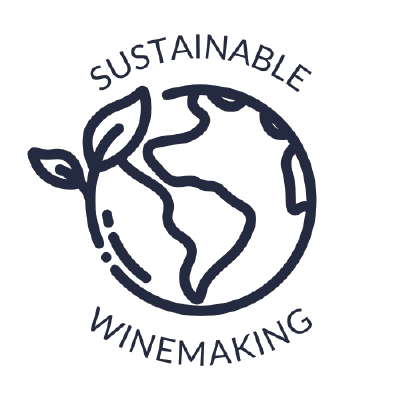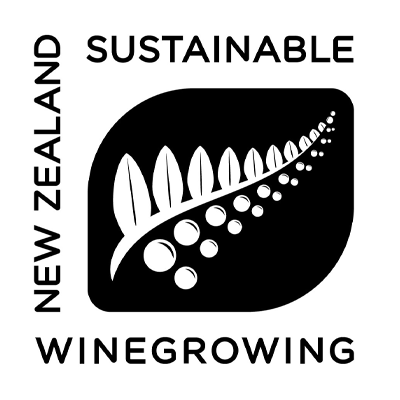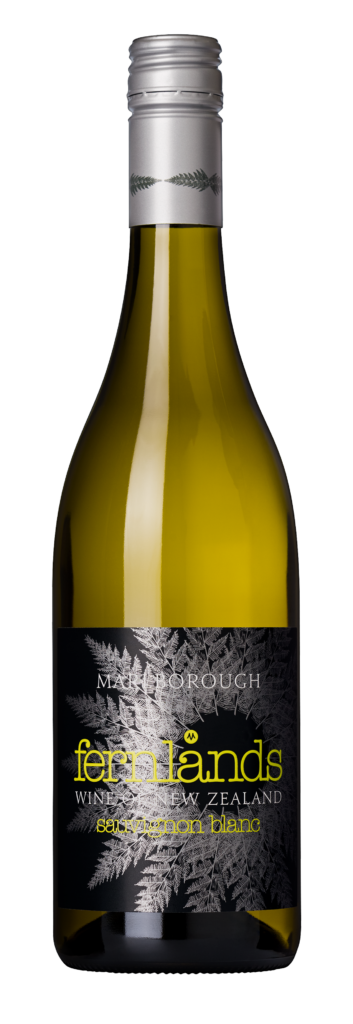Sustainability
Viticulture
- Recycling and repurposing materials such as broken vineyard posts (for farm fencing or community use), plastic containers (which are converted into fence posts), and grape marc (returned to vineyards as organic matter)
- Sheep are used in the vineyards to reduce the need for diesel and herbicides, while vine prunings are mulched to recycle carbon and nutrients back into the soil.
- Optimized water use across its operations, implementing sustainable irrigation systems and reusing treated winery water for vineyard irrigation and field enhancement.
- Implemented recycled plastic vineyard posts made from retired irrigation tubes, reducing plastic waste and supporting a circular economy.
- MCA-Treated Wooden Posts: The company uses less toxic, reusable wooden posts that can be returned to the supplier for recycling into energy, supporting closed-loop systems.
- Partner in the Falcon to Vineyards program, which aims to reintroduce native falcons for natural pest control.
- Commitment to ongoing replanting of native and non-native vegetation to restore ecosystems, attract beneficial insects, and provide habitats for wildlife such as tui and bees.
- In-house nursery that propagates local seedlings, which are then planted across its vineyard properties to enhance biodiversity.
Vinification
- Winery by-products like grape skins and earth from filtration processes are spread in the vineyards to enhance soil health and contribute to waste reduction.
Accredited by Sustainable Winegrowing NZ, Global Food Safety Initiative (GFSI) Certification, SEDEX
Gluten Free & Vegan (Most Wines 2021 Vintage Onward with exception of Leefield Station Pinot Gris 2023 and The Ned Pinot Gris 2023)












